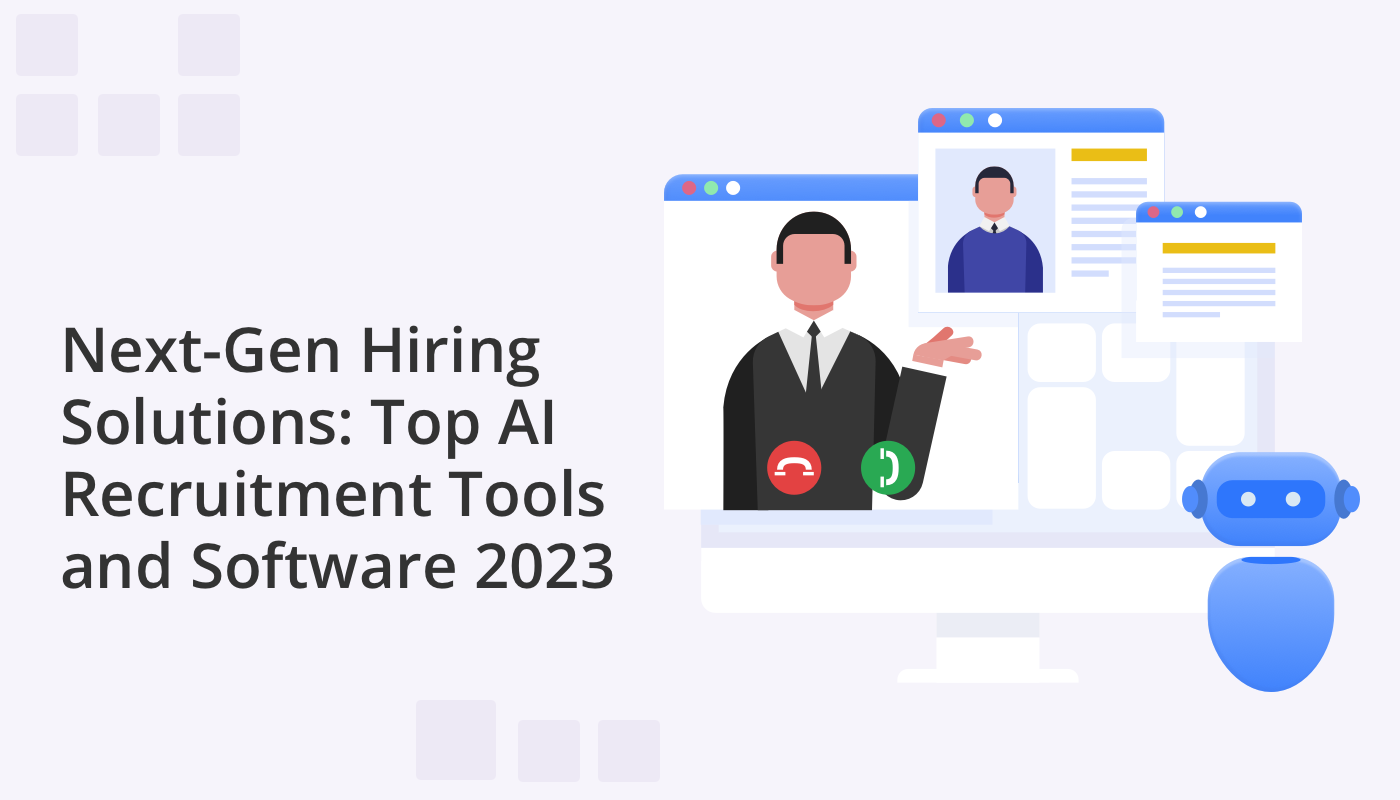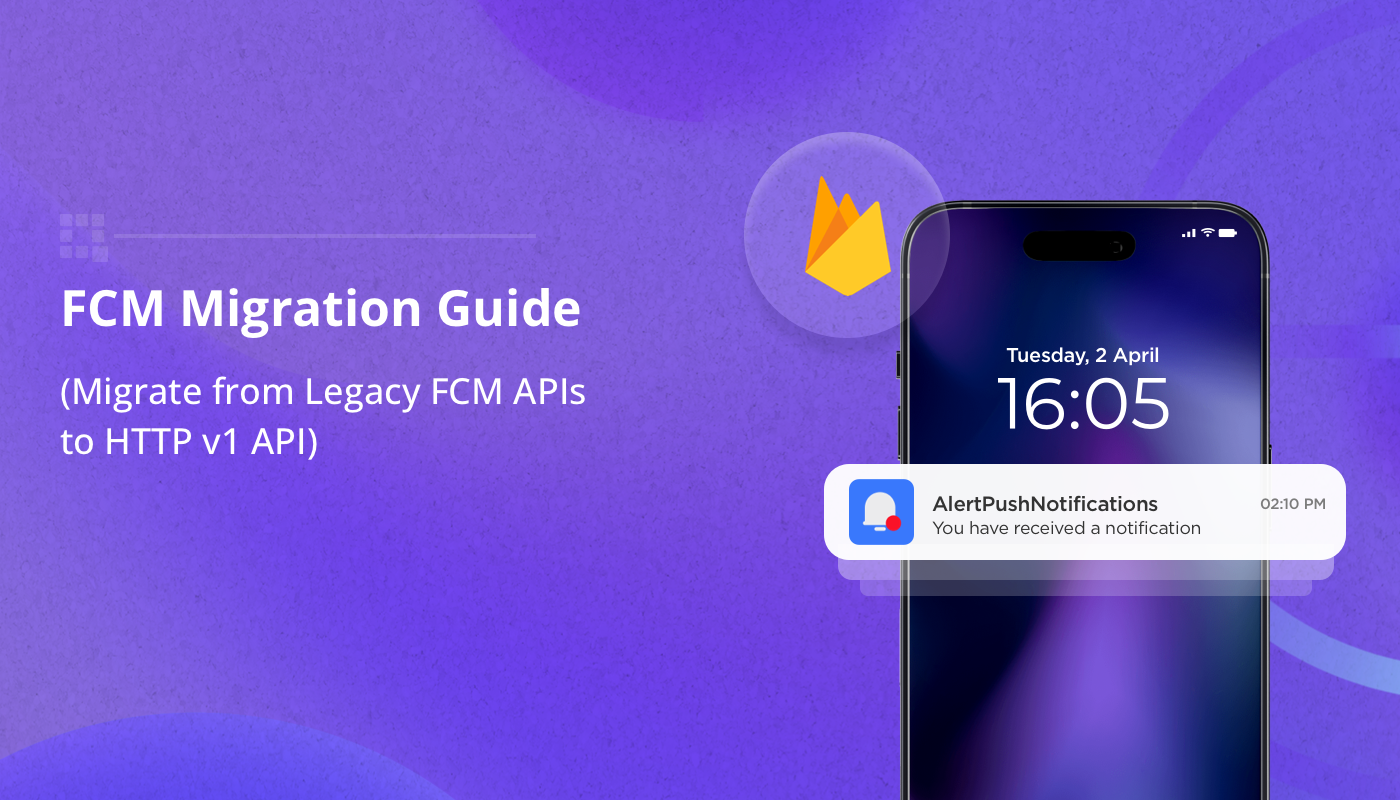
The once-traditional processes of recruitment and talent management are now evolving into dynamic, data-driven endeavors, thanks to the advent of Artificial Intelligence (AI). As organizations strive to remain competitive in a talent-centric landscape, harnessing the power of AI has become an imperative. In this blog, we explore how innovation is meeting the needs of an ever-evolving workforce and review some of the best AI recruitment tools and software currently available. From applicant tracking to candidate assessment, these AI-driven recruitment software is reshaping the way companies attract, identify, and engage top talent.
Contents Table
Benefits of Using AI Recruitment Software
AI has brought about significant benefits to the recruiting process, transforming the way organizations identify, engage, and hire new workers. Here are some of the key advantages of AI in recruiting:
Efficiency and Time Savings:
AI-powered tools can automate repetitive and time-consuming tasks, such as resume screening and initial candidate assessments. This frees up HR professionals to focus on more strategic aspects of recruitment.
Improved Candidate Sourcing:
AI algorithms can analyze vast amounts of data to identify potential candidates from various sources, including job boards, social media, and professional networks. This broadens the talent pool and ensures that no suitable candidate is overlooked.
Enhanced Resume Screening:
AI-driven systems can quickly scan and evaluate resumes for relevant qualifications, skills, and experience. This reduces the chances of human bias in the initial screening process.
Personalized Candidate Experience:
AI can create customized candidate experiences by tailoring communication and job recommendations based on an individual’s profile and preferences. This can improve candidate engagement and satisfaction.
Predictive Analytics for Hiring Success:
AI can analyze historical hiring data to predict which candidates are more likely to succeed in specific roles. This data-driven approach enhances the quality of hiring decisions.
Reduced Bias in Hiring:
AI recruitment tools can be designed to reduce unconscious bias in the selection process, ensuring fairer evaluations of candidates regardless of their demographics.
Streamlined Interview Process:
Chatbots and virtual assistants powered by AI can conduct initial interviews, asking standardized questions and providing a consistent experience for all candidates.
Faster Time-to-Hire:
With AI automating many aspects of recruitment, the overall hiring process becomes faster and more responsive to the needs of the organization.
Cost Savings:
By reducing the time-to-hire and minimizing errors in candidate selection, AI can lead to cost savings in the recruitment process.
Continuous Learning and Improvement:
AI systems can learn and adapt over time, improving their performance and accuracy as they process more data. This continuous learning ensures that the recruitment process becomes more refined and efficient.
Scalability:
AI-powered tools can handle large volumes of job applications and candidate interactions, making them well-suited for organizations with high recruitment needs.
Enhanced Employer Branding:
A streamlined and efficient recruitment process powered by AI can contribute to a positive employer brand, attracting top talent who value a modern and tech-savvy approach to hiring.
How to Choose the Right AI Recruitment Software
Choosing AI recruitment software requires careful consideration to ensure it aligns with your organization’s specific needs, goals, and workflows. Here are several key factors to consider when making your decision:
Features and Functionality:
- Determine the specific features you need, such as candidate sourcing, resume parsing, video interviewing, predictive analytics, or chatbots.
- Check if the software can be adapted or customized to your specific recruitment process.
Integration Capabilities:
- Ensure the software can seamlessly integrate with your existing HR systems, like your Applicant Tracking System (ATS), Human Resources Information System (HRIS), or Customer Relationship Management (CRM) tools.
- Check for compatibility with other tools you frequently use, such as calendar applications or communication platforms.
User Experience:
- A user-friendly interface will increase adoption rates among your HR staff.
- Consider the candidate experience as well, as a complex or unintuitive platform can deter potential hires.
Bias and Ethics:
- Ensure that the AI recruitment software has been designed to minimize biases and adheres to ethical standards.
- Look for platforms that emphasize transparency and fairness in their algorithms.
Data Security and Privacy:
- Ensure the platform is compliant with data protection regulations relevant to your region, such as GDPR.
- Review how the platform encrypts and stores data, ensuring the confidentiality and security of candidate information.
Customization and Scalability:
- Consider whether the software can be tailored to your organization’s specific needs and if it can scale as your company grows.
Support and Training:
- Check what kind of training and support the vendor offers during the implementation phase and beyond.
- Determine the availability of customer service or technical support.
Cost and Return on Investment (ROI):
- Evaluate the total cost, including setup, training, and ongoing subscription or licensing fees.
- Consider the potential ROI in terms of time saved, improved candidate quality, and reduced turnover.
Reliability and Performance:
- Check for uptime guarantees and how the platform performs under heavy loads, especially if your organization deals with high-volume recruitment.
Vendor Reputation:
- Look into reviews, case studies, and testimonials to gauge user satisfaction.
- Consider the longevity and stability of the vendor in the market.
Choosing the right AI recruitment software is crucial for streamlining your recruitment processes and making them more efficient and effective. By taking these factors into consideration, you’ll be better positioned to make an informed decision that supports your organization’s recruitment goals and strategies.
Now that we’ve considered some of the factors you need to consider when choosing a right recruitment software for your company, take a look at our current list of the top AI recruitment software tools.

Q-Consultation
Q-Consultation by QuickBlox stands out as a platform with its own set of unique advantages and considerations that organizations should be aware of:
- Q-Consultation places a high premium on the security of data and conversations. Through its secured and encrypted video recruitment platform, it ensures that all information exchanged within calls remains confidential and GDPR compliant.
- The platform’s integration with OpenAI brings significant benefits, including transcription of interview videos, and automated generation of insightful summaries from transcriptions. This empowers recruiters with valuable insights to make informed decisions.
- Q-Consultation offers a high degree of customization.
- It can seamlessly integrate with existing recruitment software or operate as a standalone application. Moreover, its open-source code allows for tailored modifications to meet specific organizational needs.
- The intuitive and user-friendly interface of Q-Consultation makes it accessible and easy to use for both recruiters and candidates.
- The in-app chat feature allows real-time communication, enabling immediate interactions between candidates and hiring managers during interviews and discussions.
- Q-Consultation’s built-in AI Answer assist automates responses to common candidate queries and gathers valuable data from interactions to continually enhance the candidate experience.
Paradox
Paradox, formerly known as Olivia, is a conversational AI assistant designed to streamline the recruitment process and improve the candidate experience.
- Paradox’s conversational AI can engage with candidates 24/7, answering questions, providing updates, and gathering essential information. This leads to a more responsive and engaging candidate experience.
- Paradox automates routine and time-consuming tasks such as resume screening, interview scheduling, and initial candidate screening. This frees up HR professionals to focus on more strategic aspects of recruitment.
- The AI assistant ensures a consistent and standardized experience for all candidates, reducing the risk of human error or bias in communication.
- Paradox can handle a high volume of candidate interactions simultaneously, making it suitable for organizations with extensive recruitment needs.
- The AI generates valuable data insights from candidate interactions, helping HR professionals make data-driven decisions and improve their recruitment strategies.
- Collecting and processing candidate data through AI assistants raises privacy concerns. Organizations must ensure they handle data in compliance with data protection regulations.
HireVue
HireVue is a popular AI-powered video interviewing platform used in recruitment.
- HireVue streamlines the initial interview process by allowing candidates to record video responses to predefined questions at their convenience. Recruiters can review these videos later, saving time and resources on scheduling and conducting live interviews.
- HireVue uses AI to analyze candidate responses, body language, and facial expressions. This can provide recruiters with valuable insights into a candidate’s suitability for a role.
- For high-volume recruitment, HireVue can significantly reduce the time-to-hire, allowing organizations to fill positions more quickly.
- Candidates can complete interviews at their convenience, eliminating the need for travel and allowing them to present themselves in the best possible way.
- While HireVue aims to reduce bias, there are concerns that the AI algorithms used for candidate evaluation may still inherit biases from historical data or training sets. This can perpetuate existing biases in hiring decisions.
Eighthfold
Eighthfold is a talent intelligence platform that uses AI to enhance various aspects of talent acquisition and talent management.
- It uses AI-driven algorithms to identify and match candidates with relevant job opportunities, even passive candidates who may not be actively seeking employment.
- The platform is designed to reduce bias in the recruitment process by focusing on skills and qualifications rather than demographic factors, helping organizations build diverse teams.
- Automation features, such as resume parsing and interview scheduling, can significantly reduce administrative tasks, allowing HR professionals to focus on strategic activities.
- Eighthfold offers predictive analytics to help organizations make data-driven hiring decisions, improve workforce planning, and identify high-potential employees.
- Implementing and customizing Eighthfold can be complex and may require significant IT resources and expertise.
- The cost of implementing and maintaining the Eighthfold platform can be substantial, particularly for smaller organizations with limited budgets.
Jobvite
Jobvite is a popular recruiting software platform that helps organizations manage various aspects of the recruitment process.
- Jobvite provides an intuitive and user-friendly interface that is easy for both recruiters and candidates to navigate.
- The platform allows for the integration of multiple job boards, social media platforms, and other recruitment channels to help organizations reach a broader talent pool.
- Jobvite offers a robust Applicant Tracking System (ATS) that streamlines the recruitment process, from job posting to candidate onboarding.
- Jobvite’s CRM tools help recruiters build and maintain relationships with candidates, creating a talent pipeline for future hiring needs.
- Jobvite provides data-driven insights and reporting tools that help organizations make informed decisions and measure recruitment effectiveness.
- Despite its features, some candidates may find the application and interview processes on Jobvite less user-friendly compared to other platforms.
- Jobvite offers some AI-powered features, but it may not be as advanced in this regard as some other recruitment software platforms.
Final Words
In this blog, we’ve explored five leading AI recruitment software platforms that are shaping the future of hiring in 2023. These platforms offer a range of cutting-edge features, from automated screening to predictive analytics, transforming the way organizations identify and acquire top talent.
For those seeking a white-label solution that combines AI functionality with a paramount commitment to candidate data security, Q-Consultation by QuickBlox stands out as a top choice. With its integration of OpenAI and a strong emphasis on data protection, Q-Consultation offers a versatile and secure platform that empowers organizations to harness the power of AI while safeguarding sensitive information. Offered as open source code, it is also free to use.







